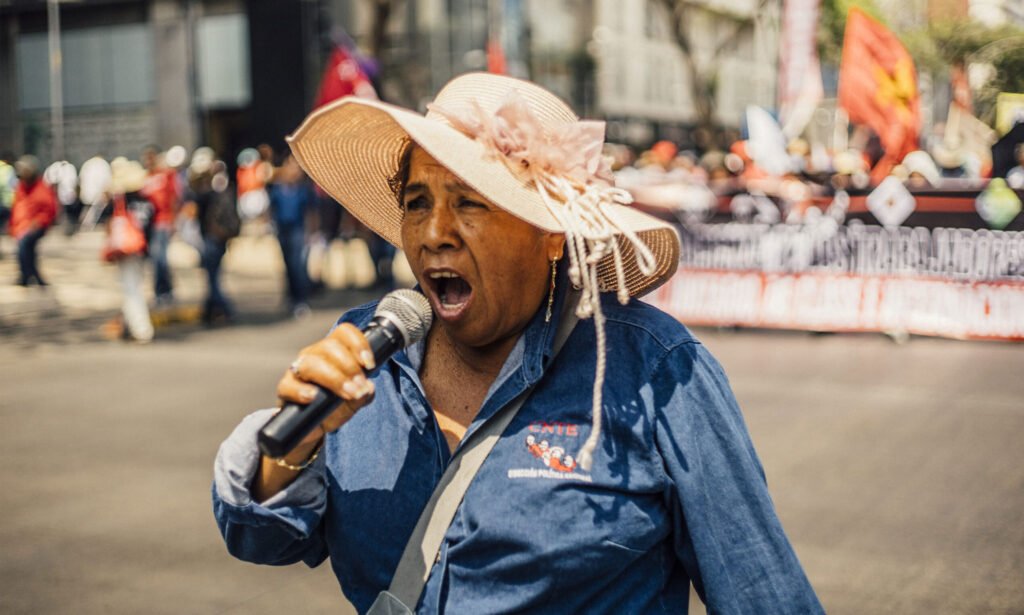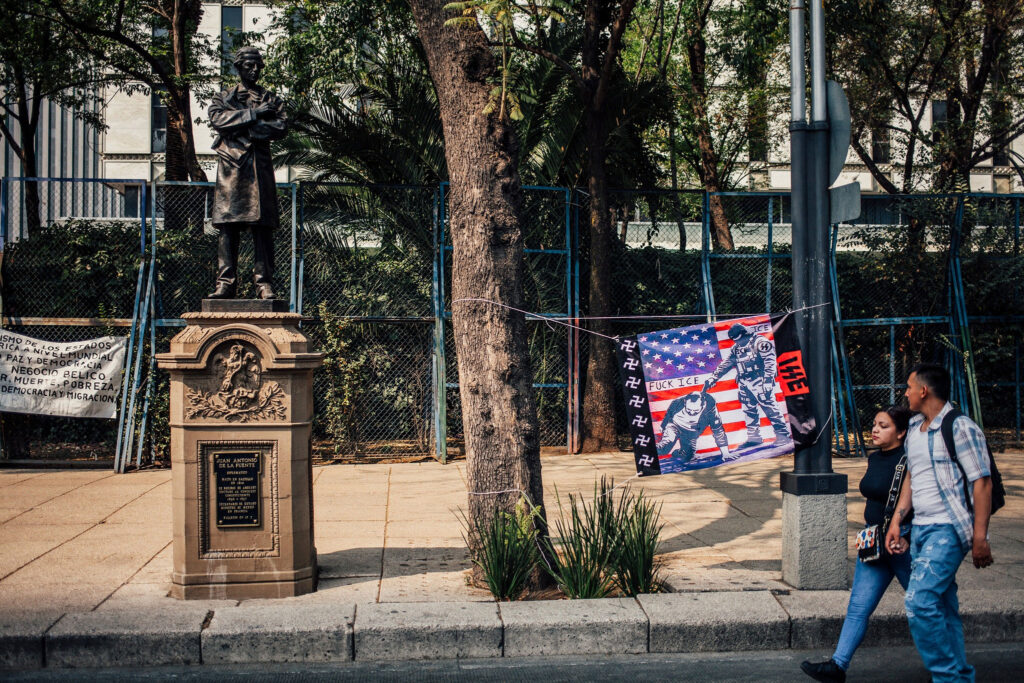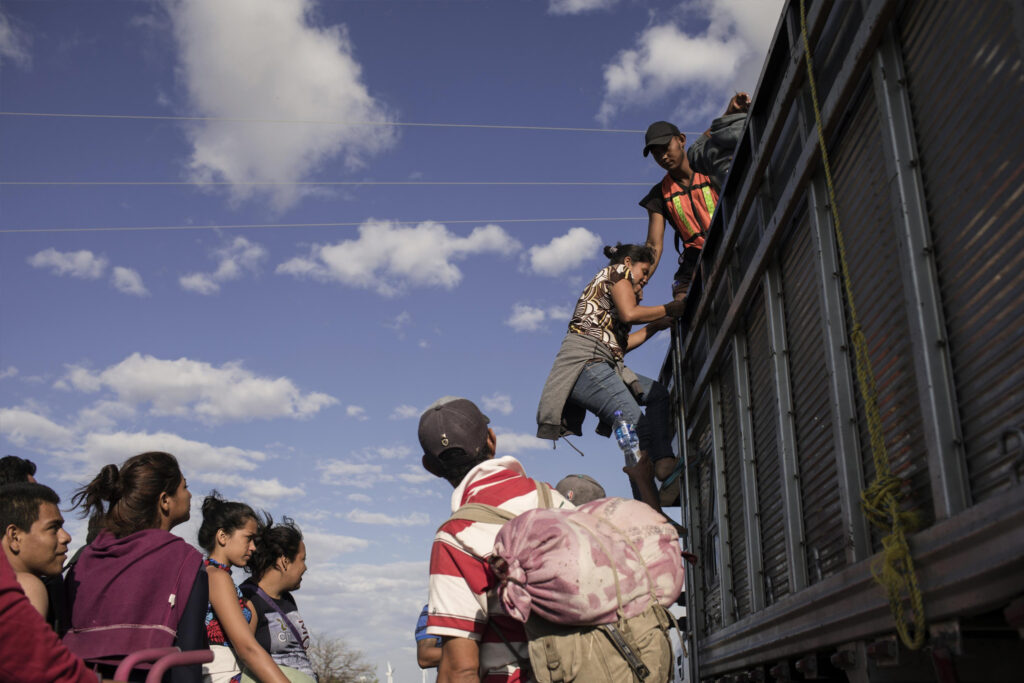Mexico City Land Use Planning & Precarity
This article by Alejandro Jiménez originally appeared in the October 4, 2025 edition of El Sol de México. The views expressed in this article are the author’s own and do not necessarily reflect those of the Mexico Solidarity Project.
The departure of Alejandro Encinas from the Mexico City Secretariat of Territorial Planning upon his appointment as Mexico’s new ambassador to the OAS leaves a political and operational vacuum at a key moment for the capital.
His presence represented, at least on paper, a leadership position with political experience and negotiating skills regarding urban planning, one of the most sensitive issues due to uncontrolled growth, mega-real estate projects, and land-use disputes. Without clear leadership, planning policy is weakened and runs the risk of falling into the hands of bureaucratic inertia or special interests that already exert strong pressure in neighborhoods and mayoralties.
Added to this is the disarray in the Mexico City Congress over the appointment of the head of the Environmental and Territorial Planning Attorney’s Office (PAOT), an agency that should balance government decisions with technical and legal criteria, but which has been headless since November 2024, when Mariana Boy resigned to become PROFEPA1‘s new head.

Just this week, very untimely, as it has already been a year since it should have been done, the Government Headquarters sent the shortlist for the position of Environmental and Territorial Planning Attorney (PAOT) . These candidates are composed of Benjamín Alejandro Cervantes Pérez, current Director General of Environmental Inspection and Surveillance of the Ministry of the Environment ; María de Lourdes Pérez Hernández, former director of Chapultepec Forest ; and Mónica Viétnica Alegre González, former deputy attorney general of PAOT.
Also in limbo in the Mexico City Congress is a bill to create the Territorial Planning Law, which seeks to prioritize urban development plans and programs in the capital. This bill was introduced just last month by the president of the Planning Commission in the Mexico City Congress, Olivia Garza, a member of the National Action Party (PAN).
The legislative paralysis prolongs the institutional uncertainty and sends a message of weakness in the local government’s regulatory capacity.
Together, Encinas ‘ departure, the legislative chaos, and the gridlock in the PAOT leave Mexico City’s land use planning in a precarious situation: without strong political direction and without a solid technical counterweight, just when the pressure for new urban developments and the dispute over water make comprehensive planning more urgent.
Between delays, official manipulation, legislative disarray, and governmental disinterest, the land use planning of the capital’s public spaces is at the mercy of real estate developers and speculators.
A few weeks ago, we reported in this space on the case of the Granada neighborhood, whose residents complain of abuse by developers and the complicity of authorities in generating a chaos of densification; the residents of Condesa and Escandón of gentrification; and so on throughout the city, which is once again growing without order, while the entire bureaucratic network that should oversee this problem can’t find a point of balance or respite.
- Federal Attorney’s Office for Environmental Protection ↩︎
-
CNTE Announces 72 Hour National Strike & March to Mexico City’s Zócalo
The class-conscious teachers union will also make “courtesy visits” to the embassies of countries who committed atrocities against Iran, to show their rejection of US imperialism.
-
Yet Another Mexican Citizen Dies in ICE Custody
The unidentified victim is the 9th Mexican citizen to have been killed in ICE detention since the beginning of 2025; this time in Adelanto, California.
-
Let’s Talk About Migration: Trumpist Persection
Millions of women who have endured unspeakable violence on their migration journey are now being persecuted in the United States by an extremely xenophobic and misogynistic government, led by Donald Trump,




